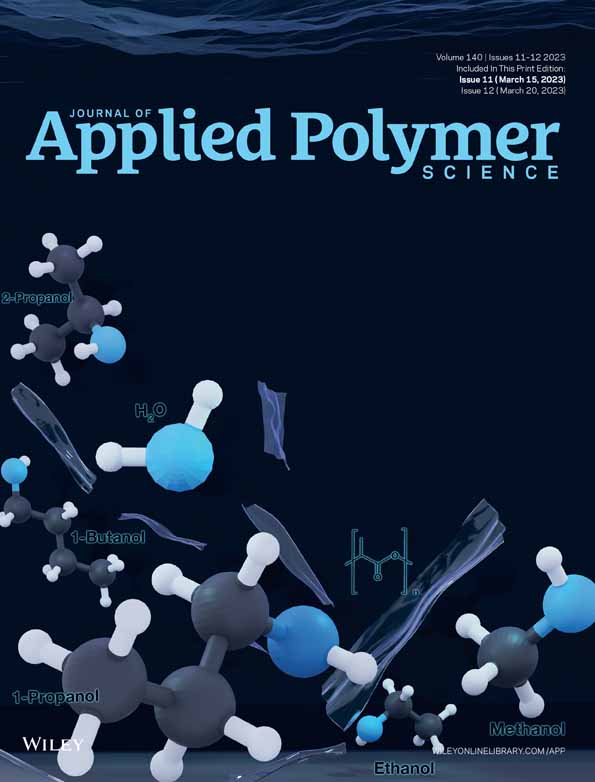Insight of polypropylene synthesis with high performance multidentate internal donor catalyst system
Abstract
Propylene polymerization using magnesium dichloride (MgCl2) supported Ziegler–Natta (Z–N) system is a robust and preferred catalytic process for producing polypropylene (PP) grades. Herein, synthesis of polypropylene products is reported using MgCl2 supported multidentate (3,3,3′,3′-tetramethyl-2,2′,3,3′-tetrahydro-1,1′-spirobiindane-5,5′,6,6′-tetracarbonate) Z–N pre-catalyst. The catalyst performance evaluation over propylene polymerization found that multidentate Z–N pre-catalyst has better hydrogen response with controlled isotacticity of PP products as compared to conventional bidentate Z–N pre-catalysts. Melt rheology analysis showed higher loss modulus and storage modulus for ultra-high molecular weight isotactic polypropylene (UHMWiPP) as compared to PP resins with medium molecular weight. Further, GPC analysis reveal medium to broad unimodal molecular weight distribution (MWD) of PP products produced with multidentate Z–N pre-catalyst system.
CONFLICT OF INTEREST
The authors have no conflict of interest.
Open Research
DATA AVAILABILITY STATEMENT
The data that support the findings of this study are available in the supplementary material of this article.




